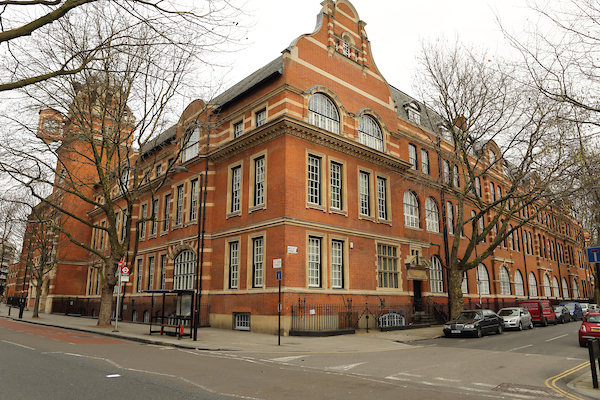Four Ways American and English University Systems Differ


As an American at University College London in England, I am learning all over again what it means to be a college student as I adjust to life at uni. In a month, here are the different ways I’ve noticed that English students are taught, treated, and assessed in the UK higher education system.
For starters, note that while college and university are often interchangeable terms in the U.S., in the UK, college is a two-year program, usually attached to a high school, where students focus on specific coursework or vocational training.
1. One paper/exam determines your grade. One of the first major differences is assessment. As a history major in the States, assessment involves a series of essays, class participation, and one or two exams. I was shocked and a little terrified to learn that at the end of my term in the UK, my entire grade would be based on my performance on two, 2,500-word essays. Here, it’s common for your final mark to be determined by a single essay or exam.
2. Less class, more homework. The amount of time a student spends in the classroom varies greatly in the UK. For each of my four courses, I spend only a total of about 20 hours in lectures and seminars. My schedule includes no Thursday or Friday classes and only about four hours of instruction per week for the three days I am in the classroom.
Though my initial thought was to use this extra time exploring Europe, I quickly realized I was expected to use this time to complete substantial amounts of additional readings. Each class syllabus includes a list of optional/recommended readings that are meant to help students develop a deeper understanding of the course material. Whether or not you do them is often reflected in your grade.
3. No more late-night study sessions. Though I’m used to working on assignments well into the wee hours of the morning, most English students seem to be strictly 9-5 workers. Unlike the 24/7 libraries at my home university, the libraries at UCL actually close early on certain days of the week, even during exam periods. By following a workday schedule, the UK student leaves their weeknights free to spend socializing. Thus, I have had to get used to music blasting from student rooms on Monday nights as I frantically work to finish the next day’s assignments.
4. You start out a scholar. Also unlike at my home university where I didn’t declare my major until fall of sophomore year, students in the UK enter university already as part of a specific academic department. British students are expected to enter uni with a course (for instance, American English: major) and stick to it. There is no such thing as a liberal arts education in the UK. As a history major, I have studied everything from global health to the public education system, my English peers have spent the last three years taking coursework solely in history.
In a sense, college students in the UK are treated as scholars with a passionate interest in a specific topic, while in the States we are undecided apprentices, free to try out various fields until we find our niche.
While I miss the freedom to explore and test my abilities, I am also looking forward to honing my skills as a historian while in the UK. I am excited for the intellectual challenge that my semester abroad will bring and how the skills of self-directed learning that I am building abroad will enrich my college experience at home.
Alicia H. | IFSA University College London Partnership